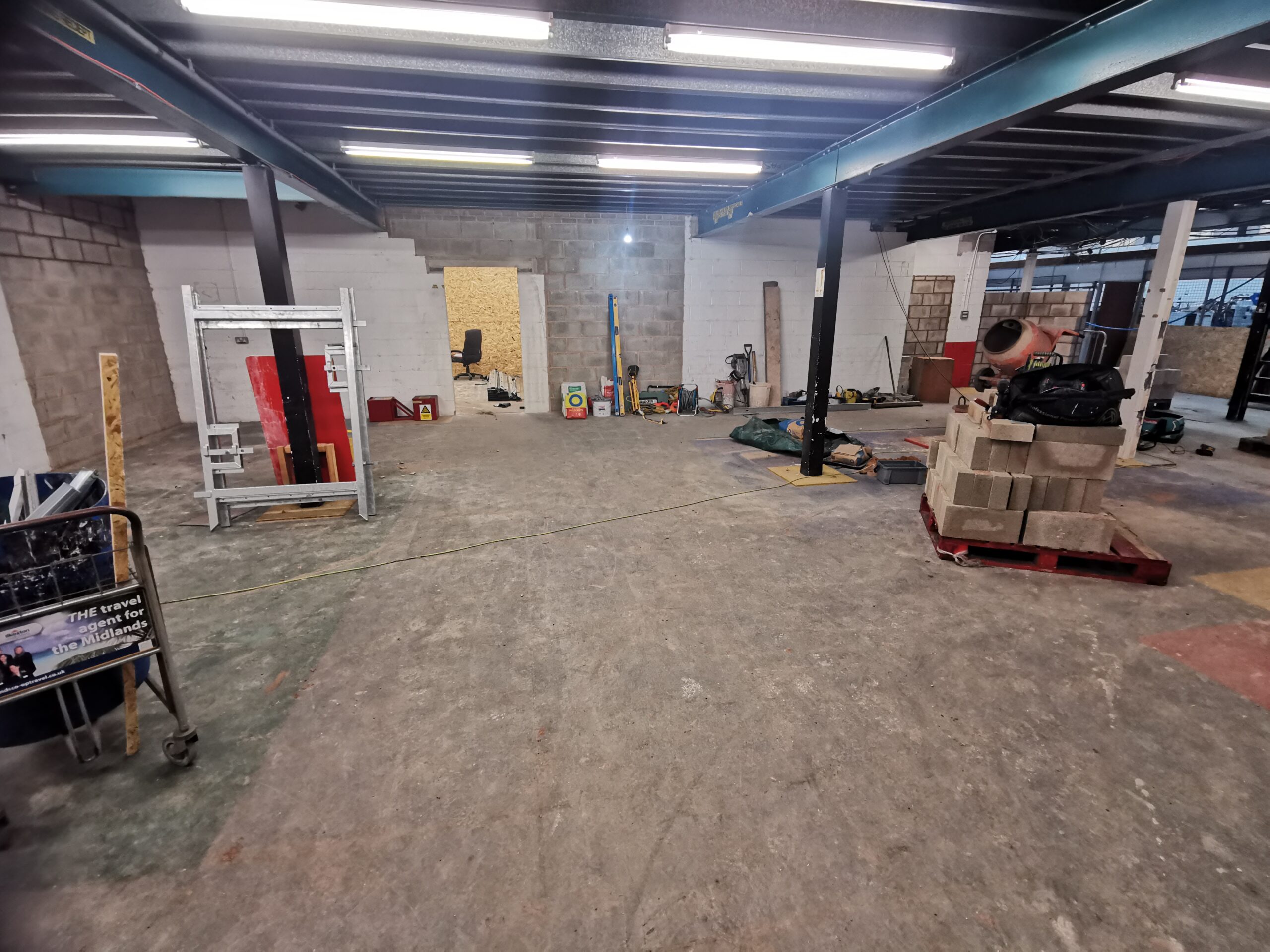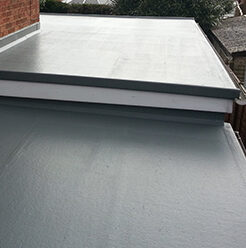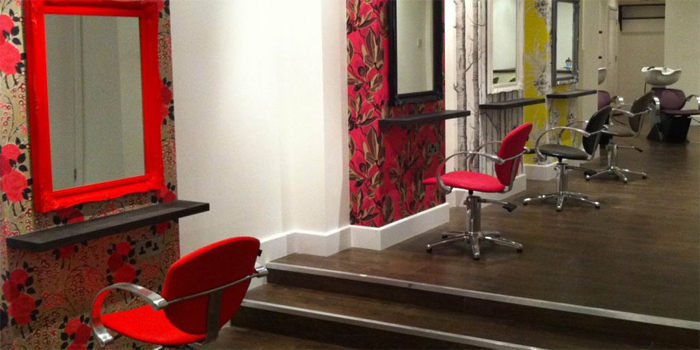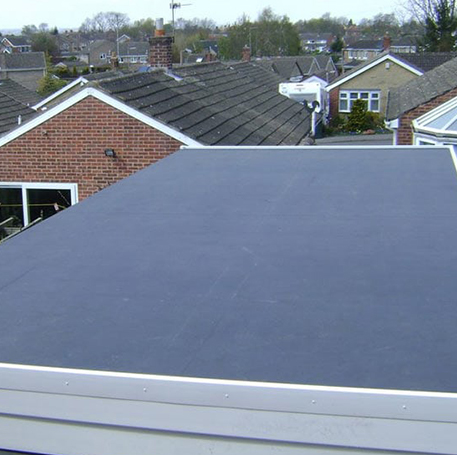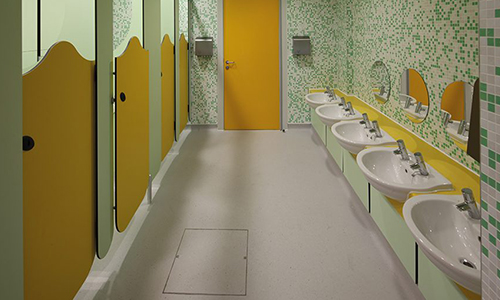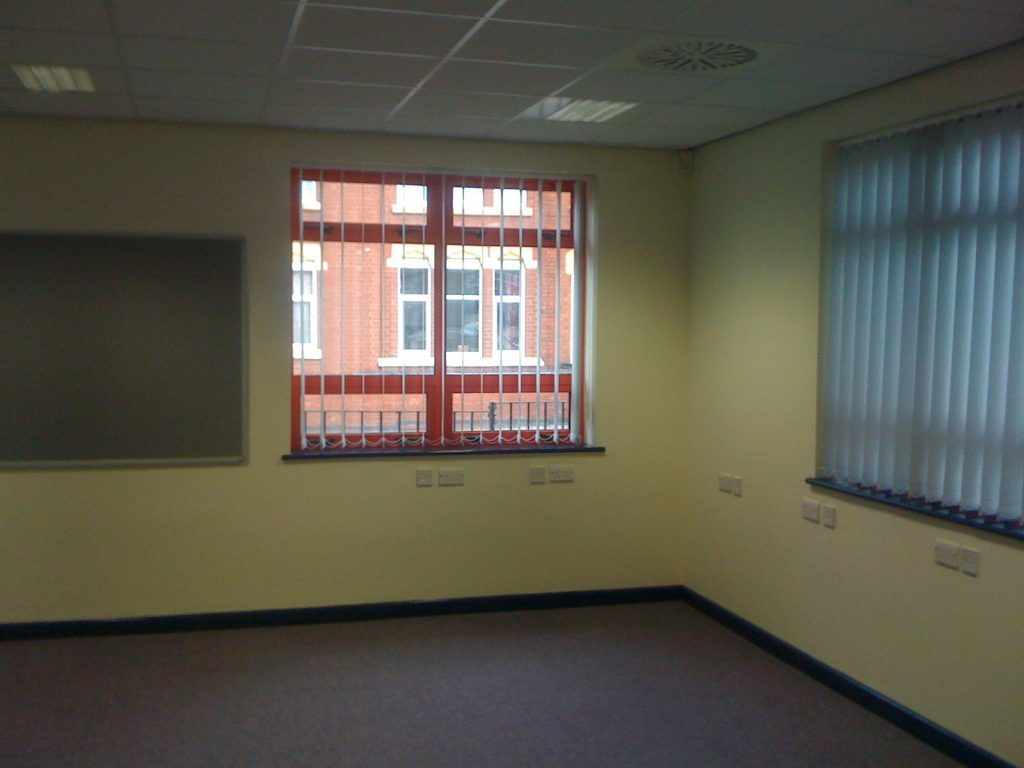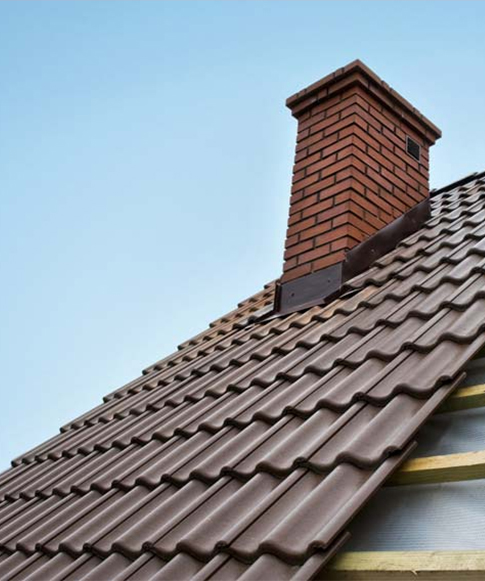Interior Door Types: Imperial and Metric UK Sizing
Interior Door Types: Imperial and Metric UK Sizing. When it comes to choosing the right interior doors for your home or business in the UK, there are many factors to consider. One of the most important is the sizing of the door. In the UK, interior door sizing can be measured in either imperial or metric units. Both of these measurement systems have their advantages and disadvantages, so it’s important to understand the differences between them before making a decision.
Imperial UK Sizing
Imperial sizing for interior doors is measured in feet and inches. This system has been used in the UK for centuries and is still common today. One advantage of imperial sizing is that it’s easier to visualize the size of the door in relation to other objects in the room. However, it can be more difficult to convert these measurements to metric units for international use.
Imperial UK sizing for interior doors typically ranges from 2’0″ to 2’9″ in width and 6’6″ to 7’0″ in height. These sizes can vary depending on the specific type of door and the manufacturer. It’s important to measure the door opening accurately before ordering a door to ensure a proper fit.
Metric UK Sizing
Metric sizing for interior doors is measured in millimeters. This system is used in most of the world and is becoming more common in the UK as well. One advantage of metric sizing is that it’s more precise and easier to convert to other units for international use. However, it can be more difficult to visualize the size of the door in relation to other objects in the room.
Metric UK sizing for interior doors typically ranges from 626mm to 926mm in width and 2040mm to 2260mm in height. Again, these sizes can vary depending on the specific type of door and the manufacturer.
Types of Interior Doors
There are several types of interior doors available in the UK, each with its own advantages and disadvantages. Some of the most common types include:
- Solid wood doors: These doors are made entirely from wood and offer a traditional, classic look. They’re durable and can be stained or painted to match any décor. However, they can be more expensive and may require regular maintenance.
- Hollow core doors: These doors have a wood frame with a cardboard honeycomb interior. They’re lightweight and affordable, but may not be as durable as solid wood doors.
- Panel doors: These doors have several panels of wood or glass, giving them a more decorative look. They can be solid or hollow core and are available in a variety of styles.
- French doors: These doors are made of two doors that swing open from the center. They’re great for creating an open, airy feel in a room and can be used for interior or exterior applications.
- Pocket doors: These doors slide into the wall, saving space and creating a sleek, modern look. However, they can be more expensive to install and may require more maintenance.
Fire Doors and UK Fire Regulations
In addition to choosing the right type and size of interior door, it’s also important to consider fire safety. Fire doors are designed to slow the spread of fire and smoke, giving occupants more time to escape and helping to protect the building from damage.
UK fire regulations require certain types of buildings to have fire doors installed in specific locations. These regulations are set by the government and enforced by local authorities. Fire doors must meet certain specifications, such as being able to withstand heat for a specific period of time.
Beeby Construction Services is a leading provider of fire doors and related services in the UK. They offer a wide range of fire doors in various sizes and styles to meet the needs of any building. Their team of experts can also provide advice and guidance on fire safety regulations and compliance.
Choosing the Right Fire Door
When choosing a fire door, it’s important to consider not only the size and style but also the fire rating. Fire doors are rated based on the amount of time they can withstand heat and flames, typically ranging from 30 minutes to 2 hours.
It’s important to choose a fire door with the appropriate rating for the specific application. For example, a door leading from a kitchen to a hallway may require a higher fire rating than a door leading to a closet.
Fire doors also need to be installed properly to ensure they function correctly in the event of a fire. Beeby Construction Services offers professional installation services to ensure compliance with fire safety regulations and optimal performance of the fire door.
In Conclusion
Choosing the right interior door for your home or business in the UK requires careful consideration of the sizing, type, and fire safety requirements. Whether you opt for imperial or metric sizing, there are a variety of door types available to suit your style and budget. And when it comes to fire doors, it’s crucial to choose the appropriate rating and have them installed professionally to ensure compliance with UK fire regulations and the safety of occupants and the building. With the guidance of experts like Beeby Construction Services, you can make informed decisions and achieve peace of mind in your interior door choices.
FAQs
What are the most common types of interior doors in the UK?
Panel doors, flush doors, French doors, and pocket doors are some of the most popular types of interior doors in the UK.
What are the standard sizes for interior doors in the UK?
The standard sizes for interior doors in the UK are usually 2’3″, 2’6″, and 2’9″ wide for imperial sizing, and 726mm, 826mm, and 926mm wide for metric sizing. The height of doors is usually 6’6″ or 7′ for imperial sizing, and 2040mm or 2080mm for metric sizing.
What is the difference between imperial and metric sizing?
Imperial sizing is measured in feet and inches, while metric sizing is measured in millimetres.
What are fire doors, and why are they important?
Fire doors are designed to prevent the spread of fire within a building. They are important for ensuring the safety of occupants and preventing damage to the building.
What are FD30 and FD60 doors?
FD30 and FD60 doors are fire-resistant for 30 and 60 minutes, respectively. They meet UK fire regulations and are suitable for use in buildings where fire safety is a concern.



